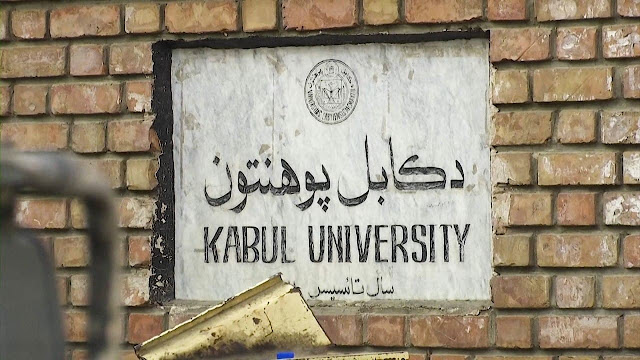Ramadan overlaps the Exam period!
London, the 18 long ridiculous hours in the summer. The sun boiling, increasing thirst and dehydration - having to survive without food and drink throughout the daylight, affecting only a minority group: the Muslims. They are expected to be active and deal with the stressful yet life-changing exams. Quite recently, concerns were raised in two news outlets, expressing that students should make an exception to avoid low grades and the exam timetable should take into consideration the month of fasting. “It’s a habit taking a bottle of water into the exam”, said, Anjuma Rahman, a student recalling her time in her sixth form.
Initially, one would think it would be unbearable for students to cooperate during exam times while fasting throughout the month of Ramadan, a sacred month for the Muslims and living in a country where it only applies to a minority. The initial thought of them having pale faces, worn-out expressions with a slouched body language.
Surprisingly, though, a number of students have successfully managed to fast during their nerve-wracking exams. For two students, in particular, it was like a walk in the park - just another normal day for Rashada, and Anjuma Rahman. Rashada never felt the need to make an exception for the sake of an exam. “I never had any difficulties that's the thing. It’s quite normal.”, she said, calmly. It actually helped her stay active. “It kind of gives me more energy. I know it’s a bit odd", said Rashada, confidently.
Anjuman attended her A2 exams. Her body was not slouchy, and her face did not express any tiredness. Her body was straight, arms and hands flexible with her eyes alert, examining the paper thoroughly. “I didn't notice any difference”, she said openly. Interestingly, waking up for Sehri, the first meal before dawn and the last meal before Iftar helped her. Instead, it encouraged her to study for her exam as she stayed up revising.
The others encountered a few wobbles. Siyeda Harry, it still affected her mentally, and physically, her memory may have slacked in cooperating as much. The motion of her arms and legs may have taken a greater effort to function. Nonetheless, the absence of warmth and love from her family made it much more challenging to cope. “I was missing my family a lot and my home during Ramadan as I was always surrounded by my family back in my country”, she expressed.
Students, Fatima and Masuma encountered similar obstacles. In the afternoon exams, Fatima’s throat dried up, and the feeling of dehydration started to arise. “I just probably felt thirsty”, she recalled. “Just wanted water.” For Masuma, it was the yearning for food. The constant rumbling of her stomach. However, for both the students the importance of fasting was greater as Ramadan is part of the five pillars of Islam, the most vital practices a Muslim should perform. “When you think about people who don’t have food that calms you down and you think about something else,” said Masuma
The lecturers were a great support system for the Muslim students. They never frowned upon them for fasting through their exams, only suggested to make a possible expectation. Yet still, they were unbelievably generous. “I even had a hand in just after my fasting days so my teachers actually extended my deadline”, said Siyeda Harry.
 There were still individuals that avoided fasting despite the significance of it - fearing that they would not perform as well with a rumbling stomach or a dried-up throat. Nadia Abdullahi felt isolated for missing out, and Zainab Nokaz felt guilty. “It is difficult and in order to focus you need to eat and drink. You have to be alert”, she said. The holy sacred month, if not observed by all, it still holds value and is highly respected as an occasion that should be observed despite it being during significant moments or in a foreign country.
There were still individuals that avoided fasting despite the significance of it - fearing that they would not perform as well with a rumbling stomach or a dried-up throat. Nadia Abdullahi felt isolated for missing out, and Zainab Nokaz felt guilty. “It is difficult and in order to focus you need to eat and drink. You have to be alert”, she said. The holy sacred month, if not observed by all, it still holds value and is highly respected as an occasion that should be observed despite it being during significant moments or in a foreign country.
*Produced in 2017




Comments
Post a Comment